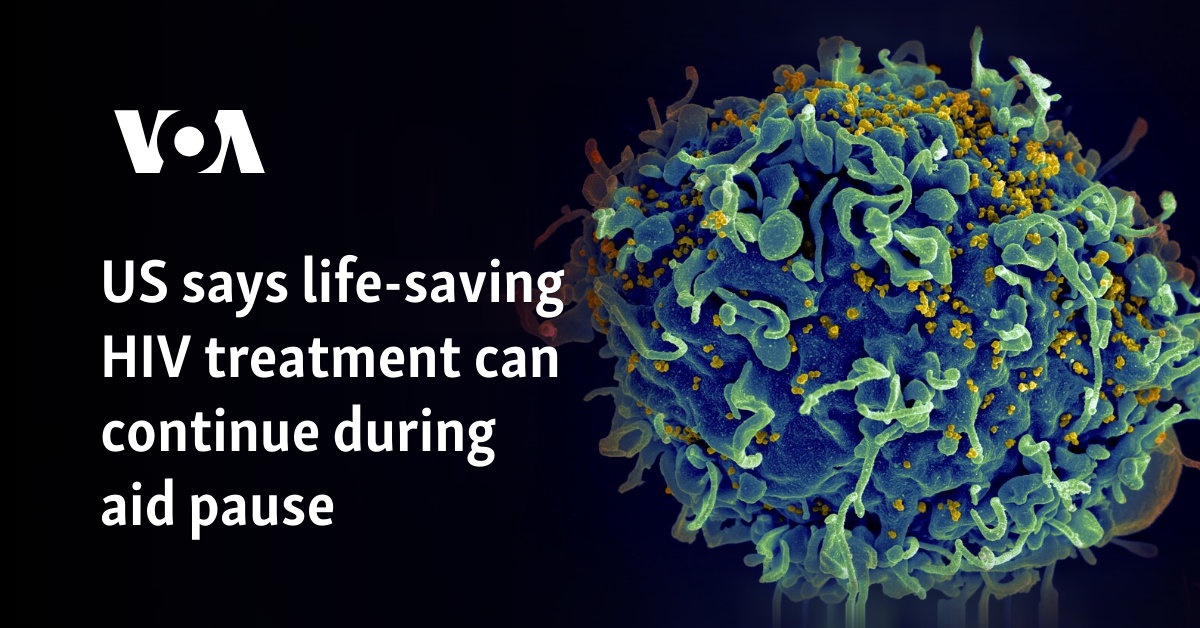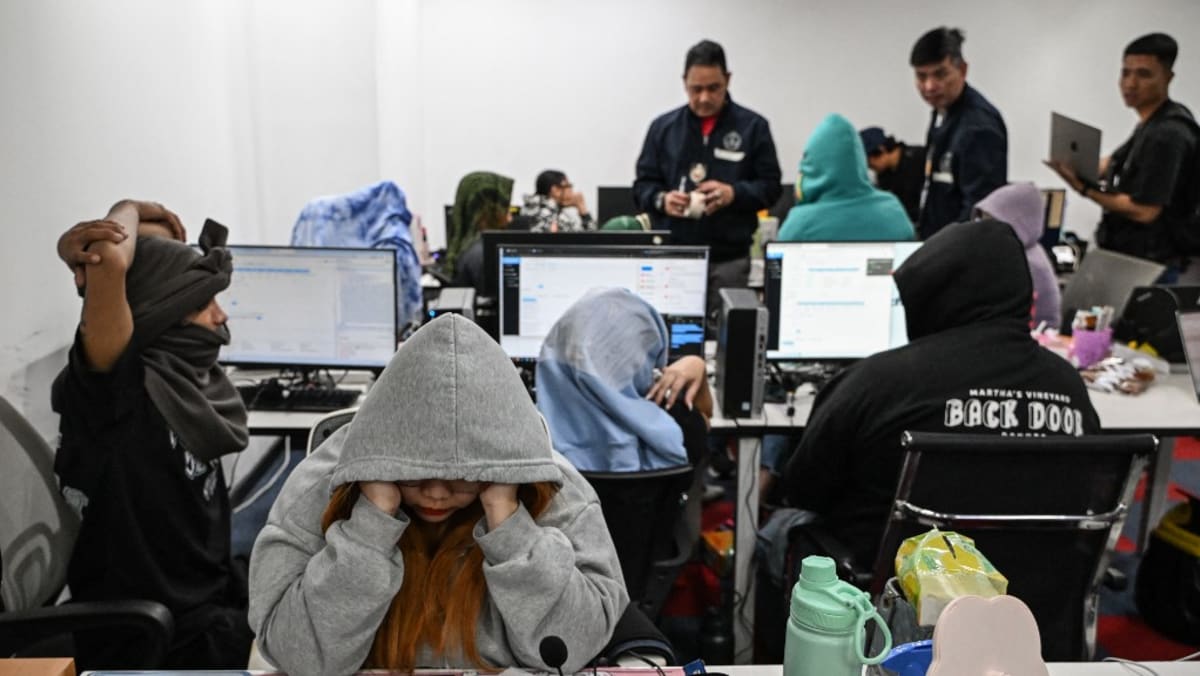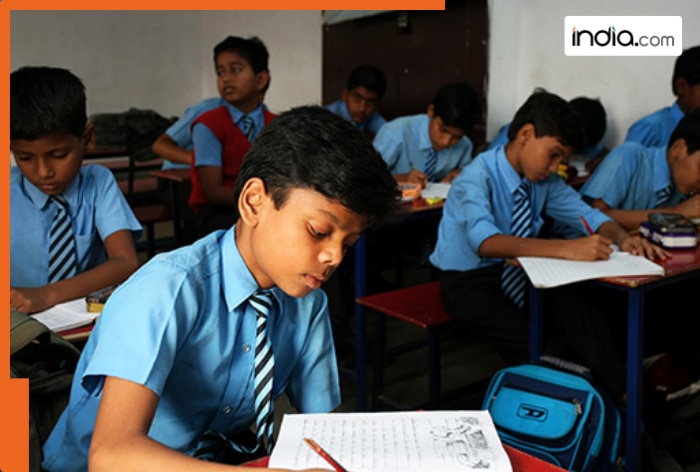The House of Representatives has resolved to investigate the National Home Grown School Feeding Programme of the federal government six months after President Bola Tinubu suspended the scheme.
The decision to probe the scheme followed the adoption of a motion moved by Muktar Zakari (APC, Kaduna) during Thursday’s plenary session.
The House mandated its Committees on Special Duties and Finance to probe the programme and report to the House for further legislative action.
School Feeding Programme
The school feeding programme was introduced in 2016 as part of the Buhari administration’s N500 billion-funded Social Investment Programme. It was projected to provide 1.14 million jobs nationwide, including community women, who would be engaged as cooks.
With the support of state governments, the programme aims to support states to collectively feed over 24 million school children, making it the largest school feeding programme in Africa.
The goals include tackling poverty and improving the health and education of children and other vulnerable groups.
According to a 2019 government document titled “Investing in Our People,” the programme feeds over nine million pupils in 52,604 schools across 30 states and empowers 101,913 cooks with bank accounts.”
However, the National Social Investment Programme Agency (NSIPA), the agency in charge of implementing the programme, has been embroiled in a corruption scandal for months.
In January, President Bola Tinubu suspended all programmes administered by NSIPA: N-Power Programme, Conditional Cash Transfer Programme, Government Enterprise and Empowerment Programme, and Home Grown School Feeding Programme.
READ ALSO:Bill for creation of Etiti State out of South-east passes second reading in House of Reps
The motion
In his motion, Mr Zakari said the programme’s suspension is hurting beneficiaries and contributing to the menace of out-of-school children.
He explained that the current administration should consider alternatives instead of outright suspension.
“The suspension of the NHGSFP by the current administration is unsettling for several reasons, namely reduced school enrolment and attendance, compromised health and cognitive development of the children, and disruption of the income of smallholder farmers.
“Addressing the programme’s challenges is crucial, but a complete suspension may cause more harm; therefore, it is important to find alternative solutions or efficient implementation of the NHGSFP to ensure Nigerian children continue to benefit from this important initiative,” he said.
He noted that “the cancellation of the programme is causing an upsurge in the number of out-of-school children, posing a threat to the country’s future and leading to a high rate of crimes, insecurity, and unemployment.”
When the motion was put to a voice vote by Speaker Abbas Tajudeen, members unanimously voted in support.
Support PREMIUM TIMES’ journalism of integrity and credibility
At Premium Times, we firmly believe in the importance of high-quality journalism. Recognizing that not everyone can afford costly news subscriptions, we are dedicated to delivering meticulously researched, fact-checked news that remains freely accessible to all.
Whether you turn to Premium Times for daily updates, in-depth investigations into pressing national issues, or entertaining trending stories, we value your readership.
It’s essential to acknowledge that news production incurs expenses, and we take pride in never placing our stories behind a prohibitive paywall.
Would you consider supporting us with a modest contribution on a monthly basis to help maintain our commitment to free, accessible news?
Make Contribution
TEXT AD: Call Willie – +2348098788999







